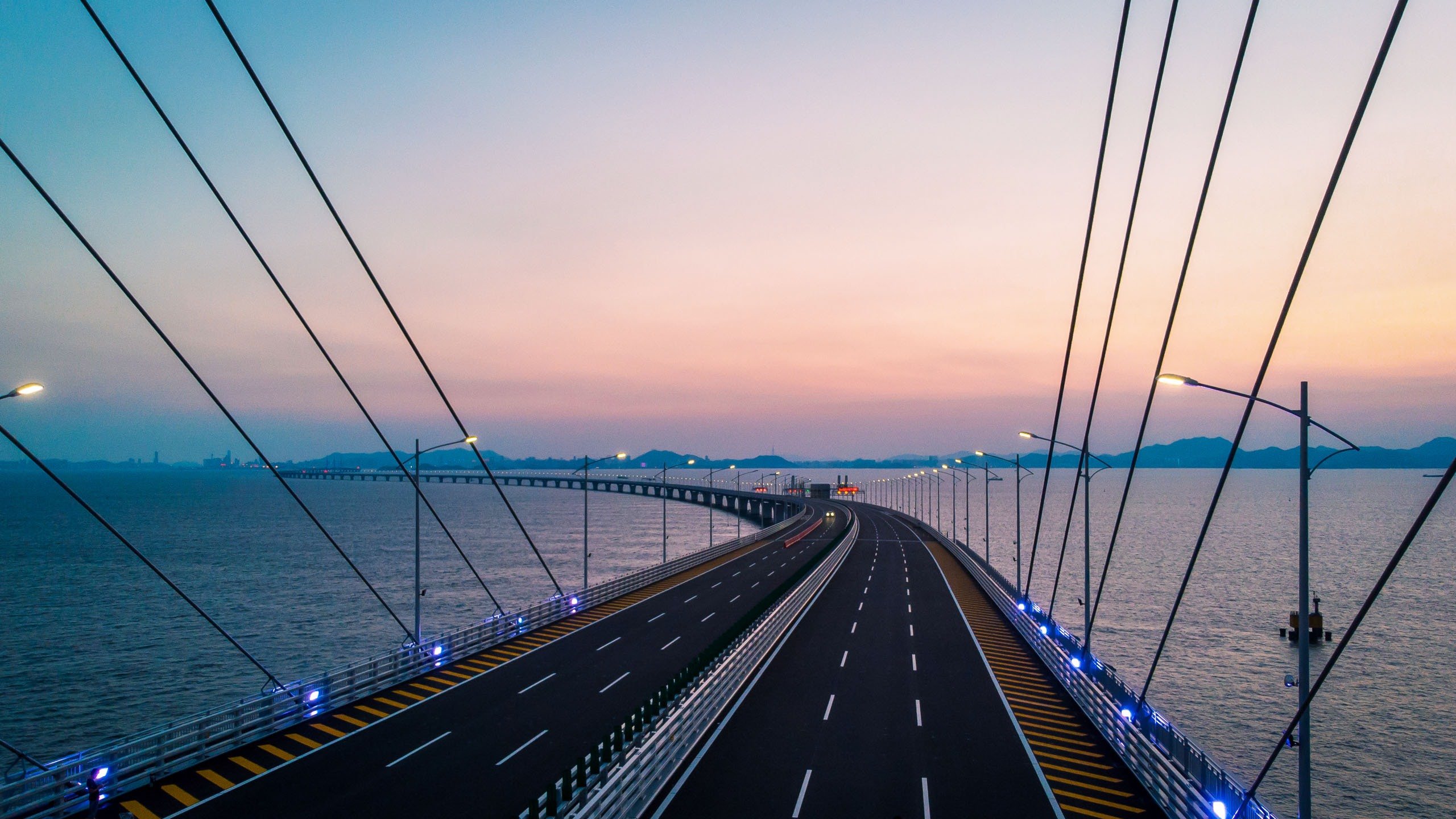Helen Huang - Senior Claims Executive from Thomas Miller's Hong Kong office provides an introduction to China's marine oil pollution laws with a discussion on the relevant International Conventions, China's domestic laws and Ship Pollution Response Organisations (SPROs).
International Conventions
China ratified the 1992 International Convention on Civil Liability for Oil Pollution Damage (1992 CLC) in 1999 and the 2001 Bunkers Convention at the end of 2008. China is not a State party to the 1992 International Convention on the Establishment of an International Fund for Compensation for Oil Pollution Damage (1992 IOPC Fund), although the latter applies to the Hong Kong Special Administrative Region. The Chinese Oil Pollution Compensation Fund (the COPC Fund) was established in 2012. The COPC Fund is maintained by contributions from oil cargo owners in China.
A levy of RMB 0.3 per ton is applied against cargoes of persistent oil substances and is collected from receivers of persistent oil in Chinese waters. "Persistent oil" includes crude oil, fuel oil, heavy diesel oil, lubricating oil and other persistent hydrocarbon mineral oil. All claims against the COPC Fund must first have been pursued through the local courts against the responsible ship (or her insurer or guarantor). The COPC Fund responds to damages awarded by the court that cannot be recovered from the ship, such as when an owner is insolvent, when the responsible ship cannot be identified, or when the damages claimed exceed any limitation or exemption available to the owner. A limit of RMB 30 million applies for any one incident with a proportionate apportionment of all claims should the damages exceed this limit.





